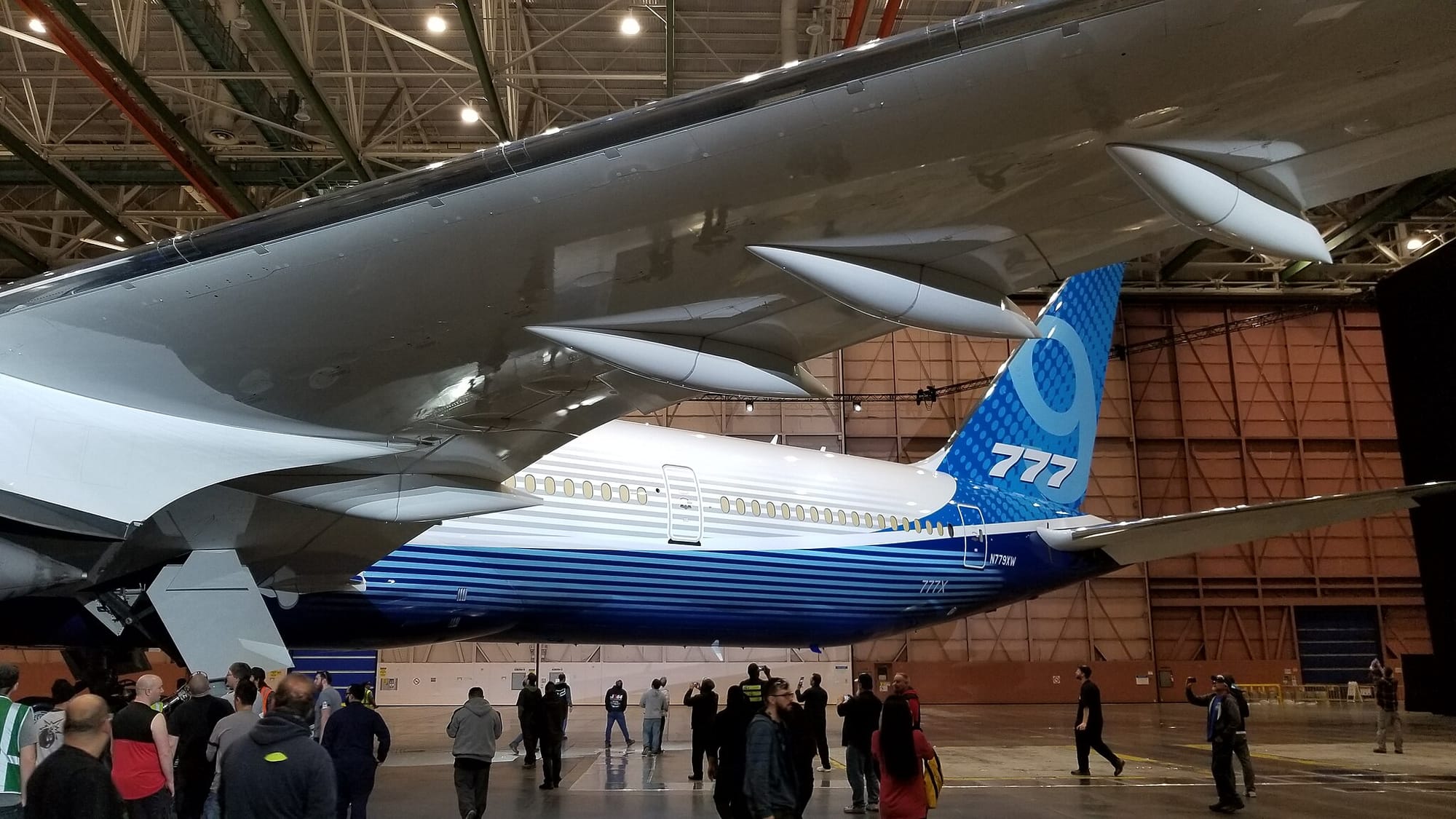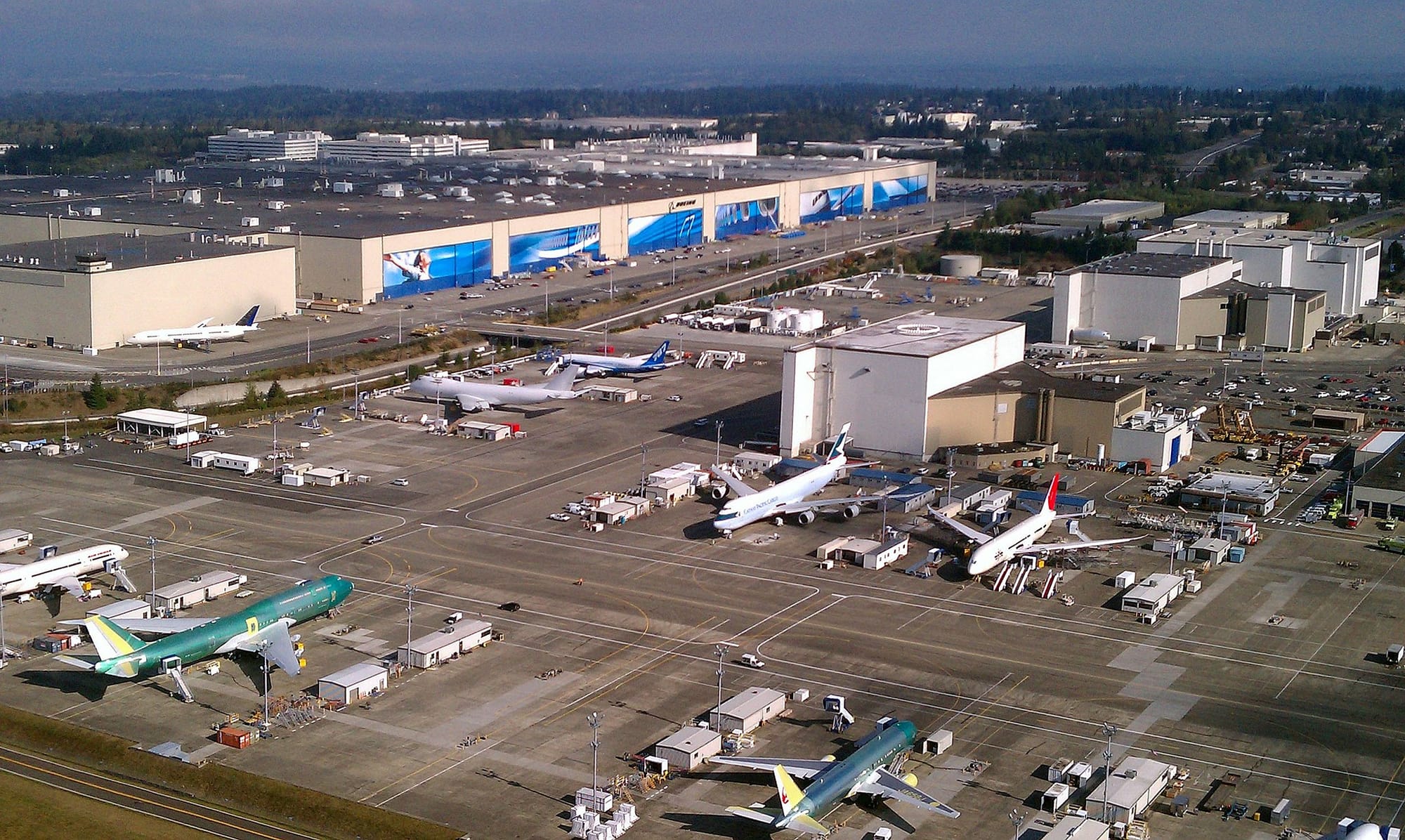Why the Next Boeing CEO Needs to Be an Engineer

The news of Boeing CEO Dave Calhoun stepping down later this year has the aviation industry abuzz. In the wake of several high-profile safety incidents and ongoing manufacturing concerns, many are wondering: who will take the reins of this American giant, and where will they steer it?
There's a strong argument, and opinion of many in the aviation industry, that the next Boeing CEO should be an engineer. Many of us believe that to correct all the problems Boeing has faced, we need someone not focused on profits or the shareholders but on quality work that made Boeing airplanes great.
Engineering Expertise

Safety has to be Boeing's number one priority. An engineer at the helm would bring a deep understanding of design principles, manufacturing processes, and the intricate systems that make airplanes fly. They'd be uniquely positioned to identify and address potential problems before they ever take to the skies. Imagine an executive who can not only discuss profit margins but also delve into the technical details of a faulty sensor or a potential stress point in a wing design. This level of technical fluency is crucial for ensuring Boeing prioritizes safety throughout the entire design and manufacturing process.
Core Values
Boeing's legacy is built on innovation and excellence in engineering. An engineer-CEO would understand the importance of prioritizing those core values. They could champion a renewed focus on rigorous testing, quality control, and a culture that values safety above all else. This isn't just about ticking boxes; it's about fostering a company-wide commitment to excellence, where every employee, from the factory floor to the design studio, understands that safety is the cornerstone of everything they do.
Restoring Trust
The recent incidents have eroded trust in Boeing's ability to deliver safe and reliable aircraft. An engineer-CEO could foster a more transparent and collaborative relationship with airlines and regulatory bodies. This open communication is vital for regaining public confidence. Airlines need to know they can put their faith in Boeing jets, and passengers deserve to feel safe when they step onto a Boeing plane. An engineer-CEO can rebuild trust by demonstrating a deep understanding of the technical challenges and a commitment to addressing them head-on.
Understanding the Business

Of course, being an engineer is only part of the equation. The ideal candidate will also possess a strong business acumen. They'll need to navigate the complex financial landscape, manage a global workforce, and ensure Boeing remains competitive in a fiercely contested market. Imagine a leader who can not only oversee the technical aspects of aircraft production but also negotiate billion-dollar contracts with airlines and make strategic decisions to keep Boeing on the cutting edge of aviation technology.
Someone who understands the technical intricacies of aircraft design while also having the savvy to navigate the commercial realities of the industry. This leader could spearhead a cultural shift within Boeing, ensuring that engineering excellence is not just a priority but a core value that permeates every facet of the company.
A New Era for Boeing?
Boeing's future success hinges on its ability to regain public trust and re-establish itself as a leader in safe and innovative aviation. By selecting an engineer as CEO, Boeing can send a powerful message - that safety and quality are back in the pilot's seat. This could mark the beginning of a new era for Boeing, one where the focus is firmly on building airplanes we can all fly on with confidence. The path forward requires not only a strong leader, but a leader with the right blend of technical expertise and business acumen to ensure Boeing soars once again.





